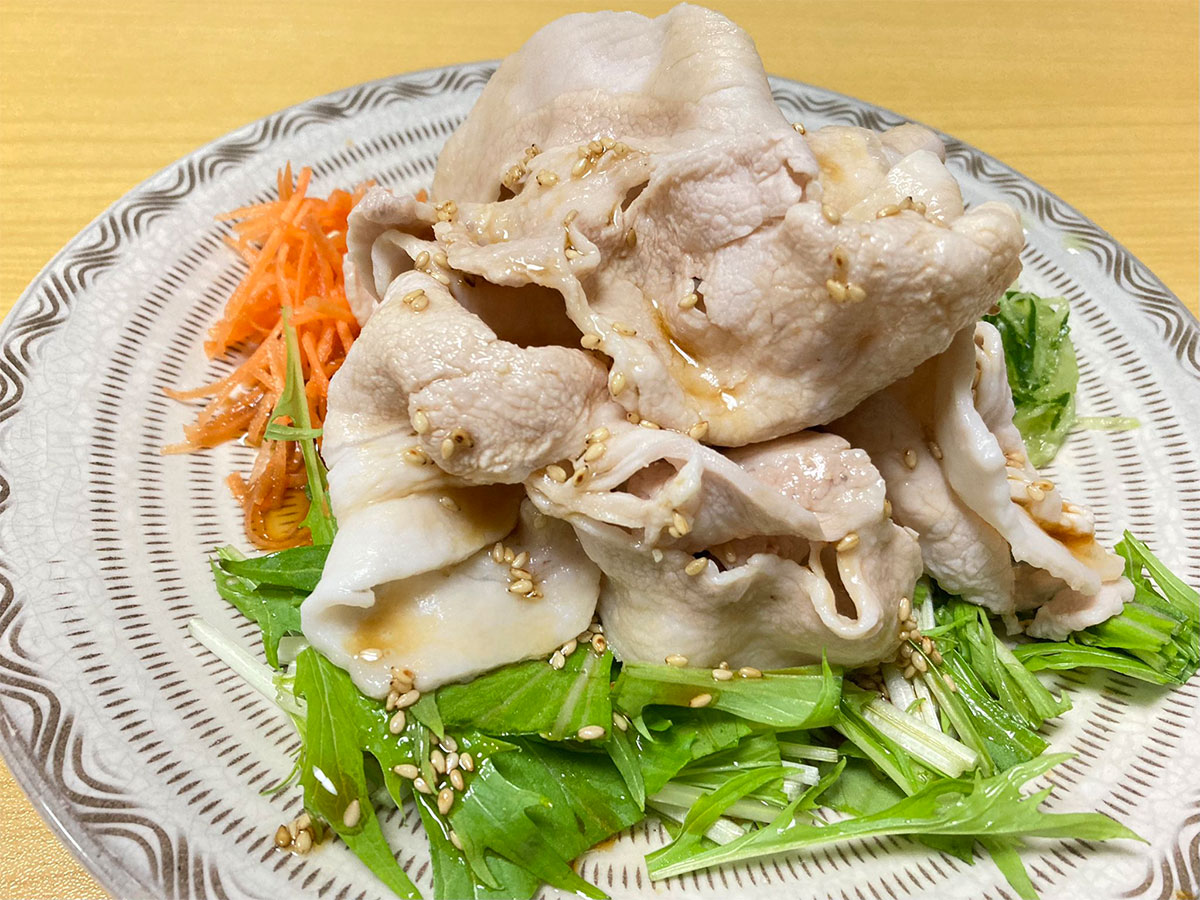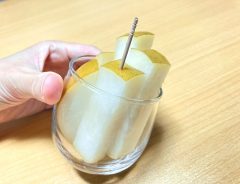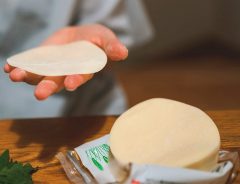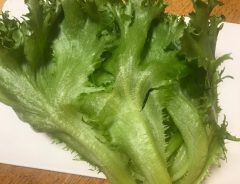
Source: 全農広報部【公式】日本の食を味わう (@zennoh_japan)
“I’ll try it next time!” Lifehack for keeping pork tender in chilled shabu shabu goes viral
- Tags:
- chilled shabu shabu / cold food / lifehack / pork / rei-shabu / Shabu Shabu / tender
Related Article
-

Japanese agricultural group shares awesome way to slice, serve and share Asian pears
-

Cold McDonald’s fries get isekai’d in delicious dishes from Japanese chefs
-

How to turn leftover gyoza wrappers into a tasty lasagna that’s easy to make [recipe]
-

[Lifehack Japan] Unique Ways To Store And Use Vegetables
-

Game-changing cooking lifehack to easily make 150 gyoza has dumpling fans drooling
-

No need for a salad spinner! Here’s the easiest way to dry salad greens [Lifehack]


As Japanese food lovers surely know, nabemono stews and other hot dishes may be wonderful in winter, but the hot summer months are the best time for cold dishes.
A relatively recent creation in the repertoire of summer favorites in Japan is a dish featuring slices of thinly sliced* pork loin that have been blanched in boiling water, then chilled, known in Japanese as 冷しゃぶ rei-shabu.
Chilled pork shabu shabu is delicious when served with a dipping sauce or as the star ingredient in a salad. However, some people avoid making it because the thin slices can easily become rigid when chilled.
*Paper-thin slices of pork loin used in shabu shabu can be found in some Japanese and Asian supermarkets outside of Japan or most butchers can do it for you if you tell them in advance.
Thanks to a lifehack recently posted on the Twitter account (@zennoh_food) belonging to the PR office of the National Federation of Agricultural Cooperative Associations, however, you should be able to make delicious chilled pork shabu shabu every time!
Keeping pork tender in chilled shabu shabu
There are two points to keep in mind, the first one before cooking and the second one after cooking the pork.
Dust the pork slices with potato starch
First, giving the pork slices a light dusting of potato starch* makes all the difference!
*Potato starch, known in Japanese as 片栗粉 katakuriko, can be found (search for "potato starch," "potato starch flour" or "potato starch powder") in many supermarkets and online food retailers outside of Japan but cornstarch can also work as a substitute.
Once the pork slices are dusted, blanch them in boiling water as usual...
Let the blanched slices cool naturally
But then—and here's the second point to remember—instead of plunging them into a bowl of ice water as many people do, place them on a plate and let them cool down naturally.
Just by following these two points, they say, you can keep your rei-shabu tender!
Many people seemed to appreciate this lifehack, leaving comments such as: "I'll try it next time!" or "It's perfect for summer..."
Pork is rich in vitamin B1, which helps to metabolize carbohydrates. It's said to be effective against summer heat fatigue if eaten in moderation, making rei-shabu a perfect dish for the hot summer months!
Why not give it a try?